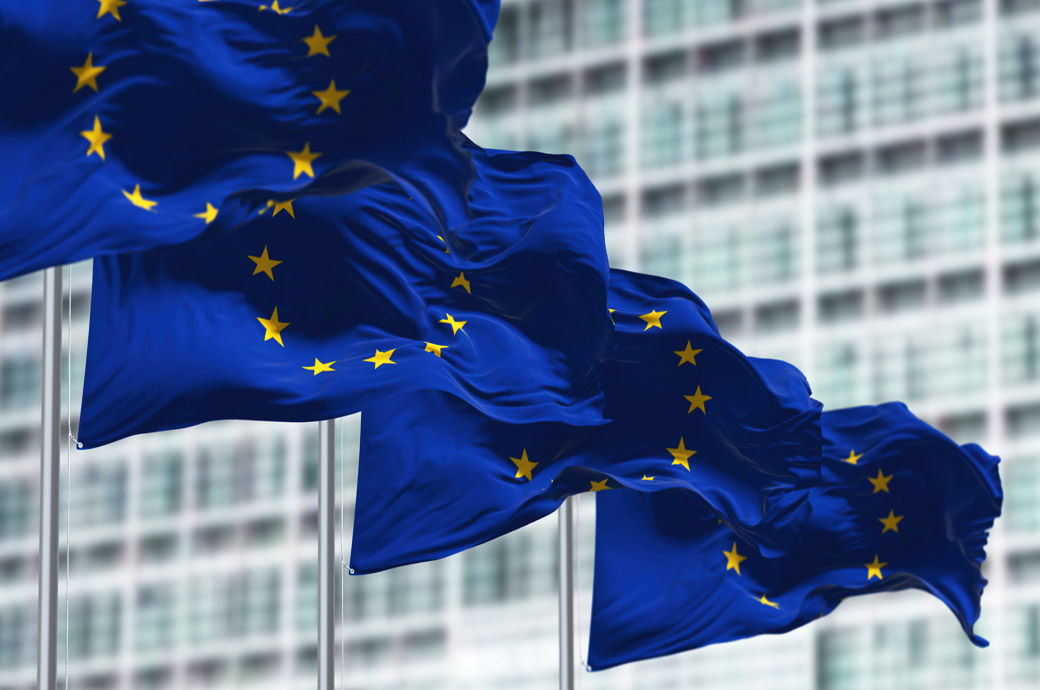
The EU had asked Draghi to write a report on how it should keep its economy competitive at a time of rising global friction.
The EU is struggling to cope with higher energy prices after access to cheap Russian gas was over and could no longer rely on open foreign markets, the report noted.
The bloc needed to boost innovation and reduce energy prices while continuing to decarbonise as well as reduce its dependencies, notably on China for essential minerals, Draghi noted.
Rising trade protectionism, higher spending on defence and a shrinking population are other issues of concern, he observed.
Draghi said the bloc needs investment of €750-800 billion ($829-884 billion) per year—up to 5 per cent of gross domestic product (GDP)—far higher even than the 1-2 per cent of EU GDP in the Marshall Plan for rebuilding Europe after World War-II. And the bloc must act on several fronts.
Varying levels of subsidies among countries is a barrier to the single market, fragmentation limits the scale required to compete on a global level and the EU's decision-making process was complex and sluggish.
“Decisions are typically made issue-by-issue in different sub-committees, with little coordination across policy areas. Multiple veto players can delay or dilute action. The upshot is a legislative process with an average time of 19 months to agree new laws—from the Commission’s proposal to the signing of the adopted act—and which even then does not deliver results at the level and pace EU citizens expect,” the report noted.
“The EU relies excessively on bank financing, which is less well-suited to fund innovative projects and faces several constraints…. At the same time, EU support for both public and private investment is constrained by the size of the EU budget, its lack of focus and a too conservative attitude to risk,” the report said.
“As part of its decarbonisation strategy, the EU should develop an industrial action plan for the automotive sector….The wider EU strategy towards cross-border and modal integration and sustainable transport needs to plan for competitiveness and not only for cohesion,” it suggested.
“The EU should develop the governance needed for a genuine Energy Union so that decisions and market functions of cross-border relevance are taken centrally,” it added.
Fibre2Fashion News Desk (DS)